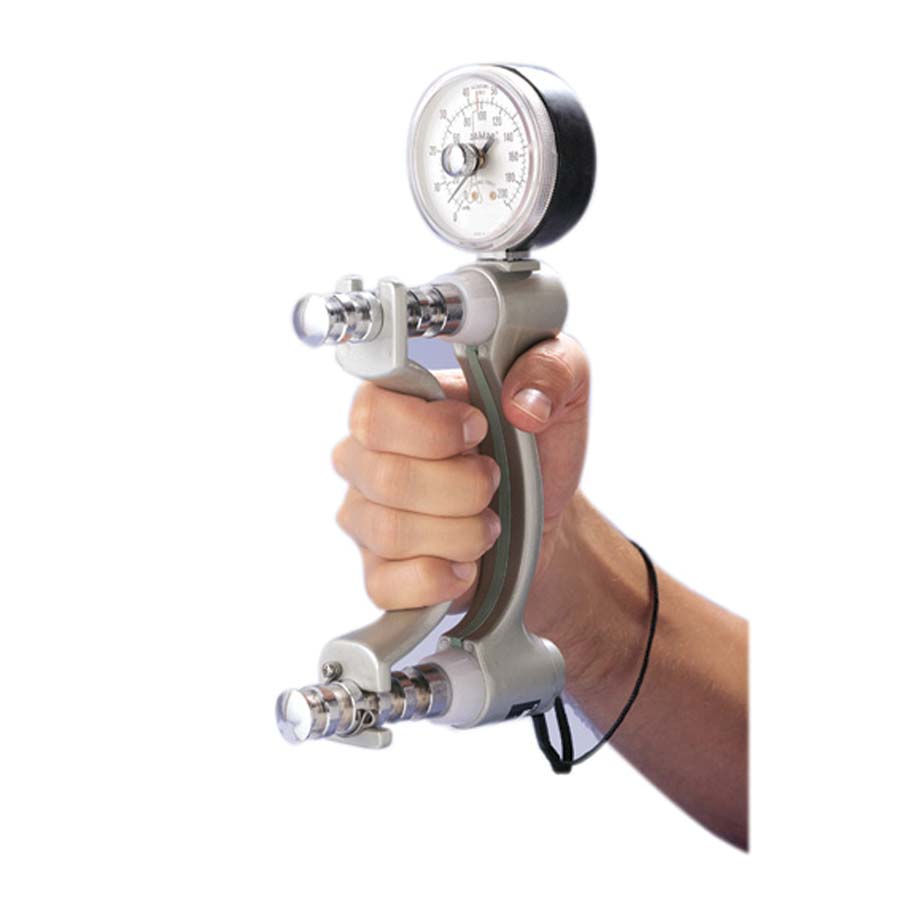Is a Firm Handshake the New Fountain of Youth?
For the video version of this article, click here.
Normally, in 150 seconds, I give a synopsis of a breaking study something that just hit the news. Today, were taking a different angle, and tackling a study that has had time to breathe for a while.
The Prospective Urban Rural Epidemiology, or PURE study, published in the Lancet reports on the association between grip strength and a variety of bad outcomes ranging from diabetes to cardiovascular disease, to death.
Its a big study, involving nearly 150,000 people across 17 countries. The headline-grabbing finding was an association between weaker grip strength and subsequent all-cause mortality. The take-home, for every 5 kg less grip strength you have, theres a 16% increased risk of death.
But once the study moved from the peer-reviewed and venerable pages of The Lancet into the press, things got a bit messy. So I want to apply some much-needed context.
Lets get one thing out of the way first. Grip strength is NOT the same as handshake strength. This is a grip strength dynamometer, used to precisely measure the maximum force the hand can generate, which is a product of a variety of factors including muscle mass and the length of the forearm:
A handshake is a social construct, and has nothing to do with anything. This was not a study about forceful handshakes.
Second this study describes an association. It is very probable that a strong grip says something about your overall health. It is NOT probable that grip strength is directly tied to outcomes. The article in no way implies that hand strengthening should be a public health intervention.
But the real issue here is applicability. With a study of almost 150,000 people, its not hard to find significant associations. The clinical question is: Can measuring grip strength help me risk stratify patients? Put another way, if I had two random patients in front of me, how often would the person with more grip strength live longer? If the answer is 50%, thats chance, and the test is useless. If the stronger person always lives longer, its a perfect test and we should be doing it on everyone all the time. The truth, of course, is somewhere in the middle.
But heres the letdown. The authors dont report their full, multivariable model, so we dont know how well grip strength categorizes risk, only that there is an association there. Based on the authors comparison with blood pressure as a risk factor, I suspect that accounting for grip strength would address some of the randomness in figuring out who dies when, but only a small amount, probably around 2-5%.
So whats impressive about this study isnt the results. That stronger people live longer is not particularly exciting. Whats impressive is the logistics. 150,000 people, 17 countries, prospectively collected outcomes. This is good, if not revolutionary work. So despite the flaws of the reporting in the press, we can still hand it to the researchers.

